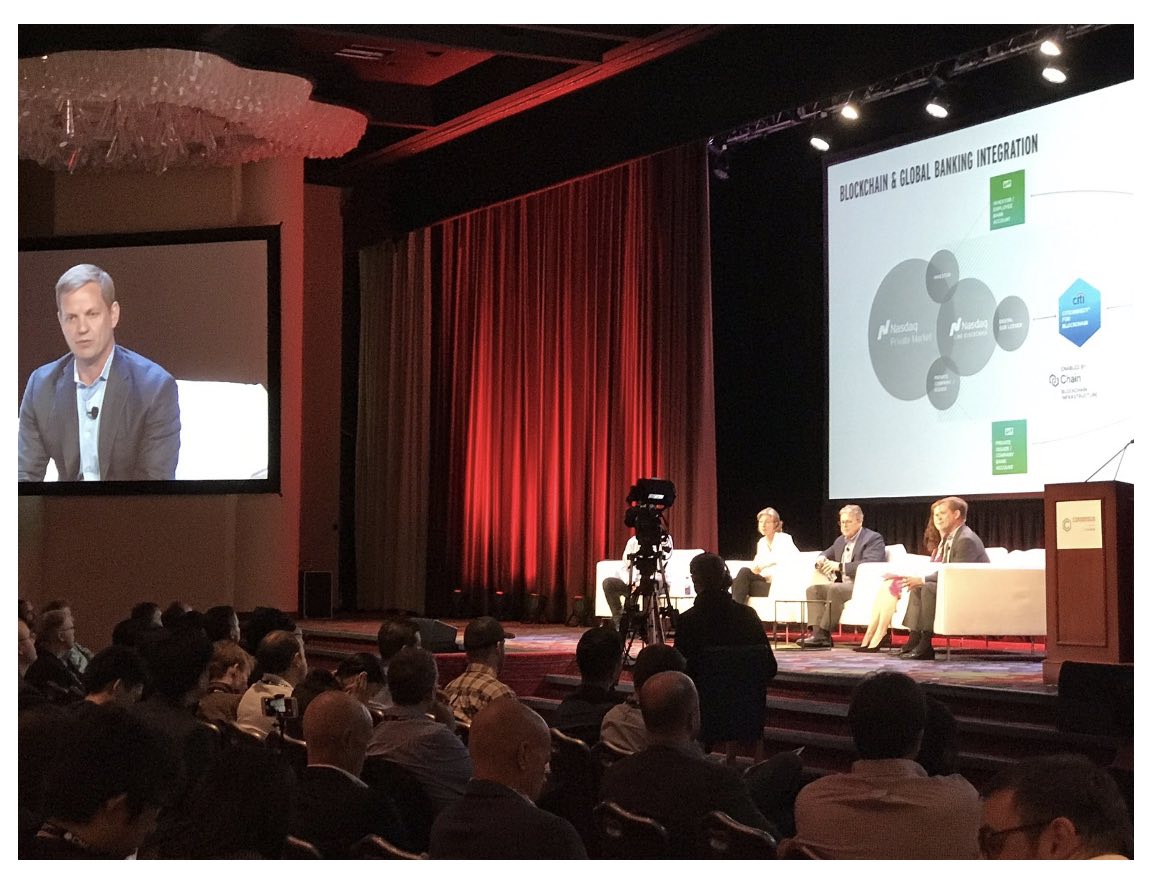
Chain’s permissioned private blockchain product Sequence aims to capture institutional interest.
Blockchains have been a key focus to bringing financial inclusion to those traditionally unbanked and those who are looking to make facilitation faster with less fraud. Institutions have been warming up these facts throughout the last few years. While blockchain adoption doesn’t necessarily mean cryptocurrency adoption, it’s fair to say that most technology in crypto currencies is built from the blockchain. Chain, founded in 2014, offers developers and institutions the ability to launch their own custom blockchain with custom parameters tailored to their wants. The difference between Chain, and let’s say a public network like Ethereum, is that Chain deploys private networks that are in a closed-ended environment, while Ethereum is a public network with public miners.
“Blockchains that are used for institutions and private clients should be designed to fit their own needs. If you need to sit there and rely on a public network, it’s probably not in your best interest to run a private bank or business on that layer. The blockchain brings a high level of feasibility with payments but with the upside of low costs, fast transfers, and fraud proof cryptography. Chain’s core product is Sequence and it’s designed for a very niche market,” said Chain Chief Executive Officer Deepak Thapliyal. Chain previously worked with Citibank and Nasdaq to pilot a blockchain project designed to be very specific in settling trades. This type of technology is typically not available in public blockchains or requires many smart contracts that rely on public miners to validate.
“Chains one block finality design and one node Validator allows institutions to fully control their environment and process while still utilizing a fraud proof ledger. This makes settlement of any transaction seamless,” Deepak Thapliyal clarified when asked how he saw block validation advantageous in Chain. With the blockchain industry bringing in massive talent from Fortune 500 companies we slowly are seeing how institutional adoption becomes an effective way to tackle legacy financial rails. Signature bank launched a product called SigNet operating on a private blockchain that enables its clients to move money 24/7/365 triumphing over how wires are handled in the federal system today. When we asked Deepak what his thoughts on how blockchain adoption is happening, he responded: “Blockchain is designed for this exact benefit. Why do we want to use outdated financial rails to move money? We don’t. That’s why we are witnessing an era of conversion from legacy systems to blockchains globally. From big banks to small institutions, the trend is consistently there and it’s growing.”
As many would agree, time will tell all, but we can certainly agree that there are more and more institutional and financial adoptions of blockchains happening.
Advertising disclosure: We may receive compensation for some of the links in our stories. Thank you for supporting LA Weekly and our advertisers.
